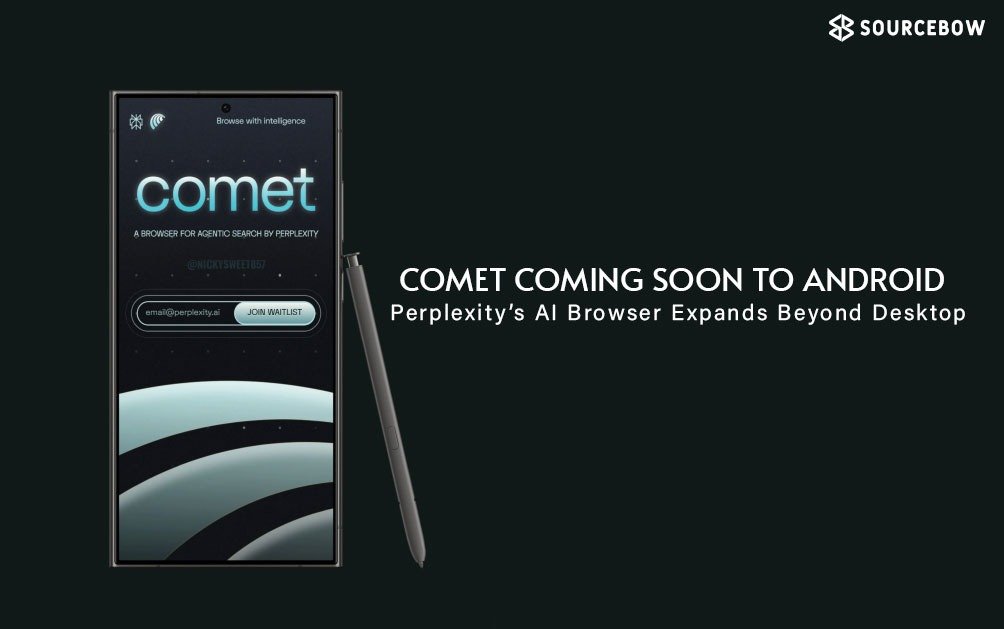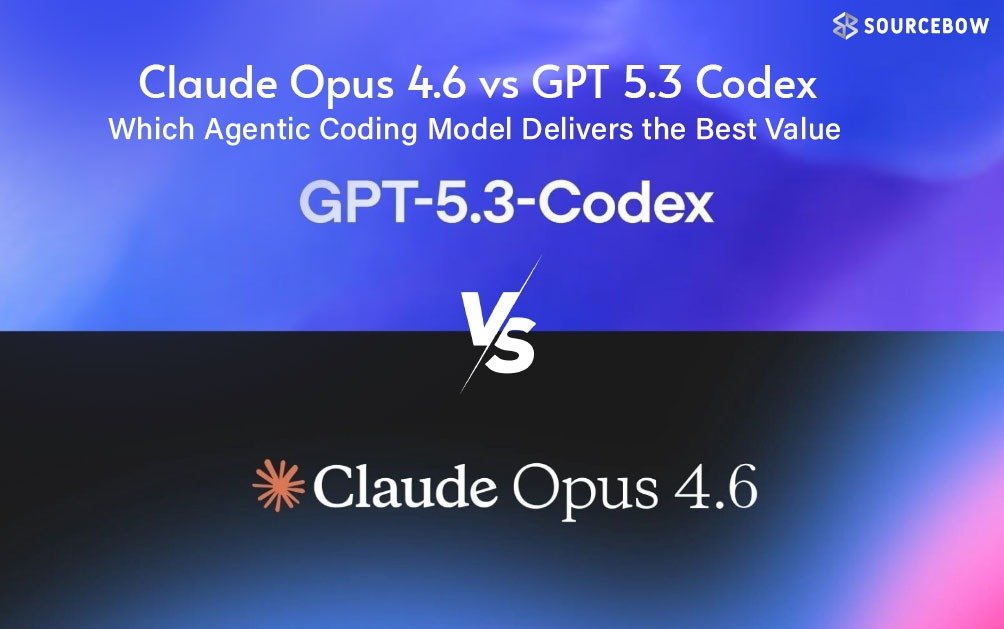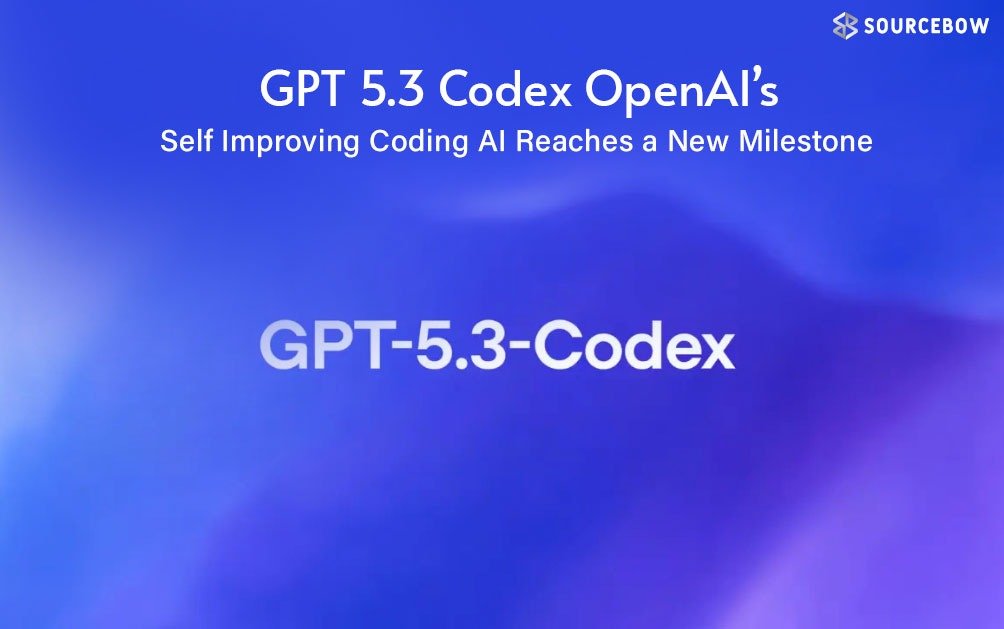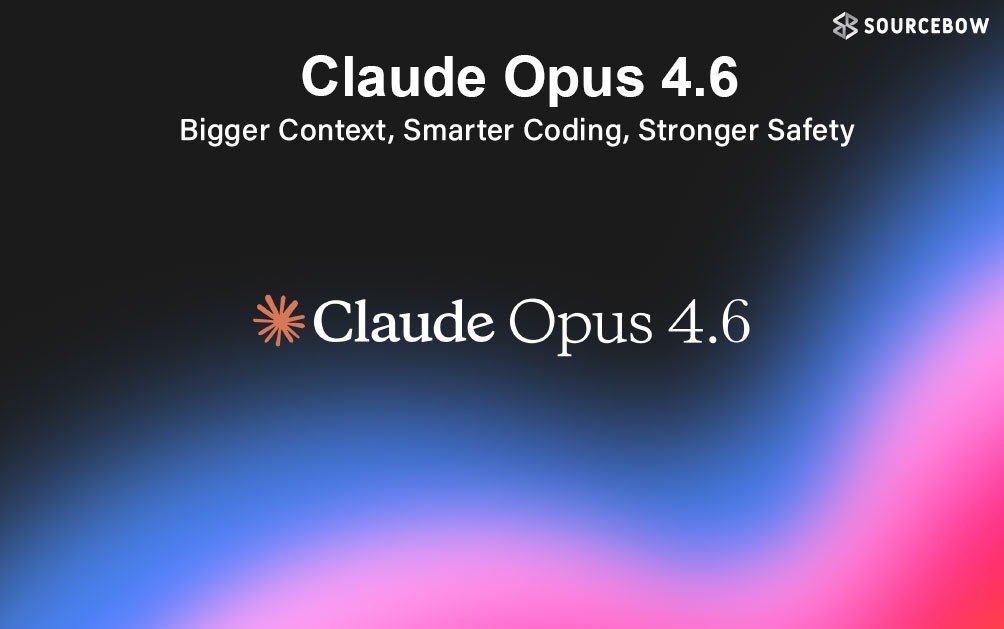The way we browse the internet is evolving again, and Perplexity AI is right at the center of it. After making waves with its early tests on Windows and Mac, the company’s Comet AI browser, is now gearing up for its Android launch — and early access users can already feel what’s coming.
Comet isn’t just another browser. It’s designed to behave like a personal assistant that understands your intent and context instead of just showing you a list of links.
What Exactly Is Comet AI Browser?
At first glance, Comet looks like any modern browser. But once you start using it, the difference becomes clear. It blends browsing, search, and automation into a single, smart experience. You type what you need, and Comet pulls together results, visuals, and references into one clean view — no more jumping between tabs or rewriting the same query.
It’s built to make browsing feel natural — almost like having a quick conversation with your device instead of issuing commands. The focus is on saving time, reducing friction, and keeping your attention on the task, not the tools.
From Desktop to Android: The Journey So Far
Comet AI Browser first appeared on Windows and macOS as part of an invite-only test phase. Perplexity used this stage to refine how AI could blend with real-world browsing tasks — from summarizing web pages to automating simple actions.
Now, after months of testing and user feedback, the company is expanding its reach. The next stop? Android. Early invite passes are already rolling out to select testers, setting the stage for a wider mobile release soon.
What to Expect from Comet on Android
- AI-Powered Summaries: Skip lengthy pages and get quick, relevant takeaways instantly.
- Smarter Context Awareness: Comet keeps track of what you’re researching and builds on it.
- Built-In Automation: Tasks like comparing data or filling out forms become effortless.
- Privacy-Focused Design: Local or secure processing ensures minimal data sharing.
- Optimized for Mobile: Lightweight, fast, and tuned for smooth Android performance.
In short, Comet aims to make mobile browsing intelligent — not just convenient.
Comet AI Browser vs. Traditional Browsers
| Feature | Traditional Browser | Comet (AI Browser) |
|---|---|---|
| Search & Navigation | Separate steps | Unified, intent-based search |
| Context Awareness | Limited | Understands what you’re working on |
| Automation | Requires extensions | Built-in AI features |
| Platform Status | Fully released | Windows/Mac testing, Android next |
| Privacy | Shared with servers | Local & secure data handling |
Why the Android Launch Matters
Android’s open ecosystem gives Perplexity the flexibility to experiment with real-world integrations and diverse hardware. As Comet moves from desktop to mobile, it’s clear the goal is to make AI-assisted browsing accessible to a wider audience.
Android users will likely see features tuned for voice input, mobile multitasking, and quick AI summaries that work seamlessly within the app.
What Users Are Saying
Early testers from the desktop beta describe Comet as “a mix of ChatGPT and Chrome.” It’s responsive, clean, and surprisingly intuitive. Many noted that it doesn’t just show results — it understands what you’re trying to accomplish.
If the Android version delivers the same experience in a mobile-friendly form, it could quickly become one of the most talked-about apps in the AI space.
Challenges Ahead
- Ensuring smooth performance across all Android devices.
- Keeping AI summaries accurate and transparent.
- Maintaining strong privacy controls as usage scales.
These are expected hurdles, but Perplexity’s careful, feedback-driven rollout shows it’s thinking long-term.
Conclusion
Comet ai browser upcoming Android launch isn’t just another software update — it’s the next step in redefining how we interact with the web. With smart summaries, automation, and deep context awareness, Perplexity is turning browsing into something more natural and efficient.
It began as an experiment on desktop, but its real potential might shine on mobile. If executed right, Comet could be the browser that finally makes AI feel truly useful — and personal.





